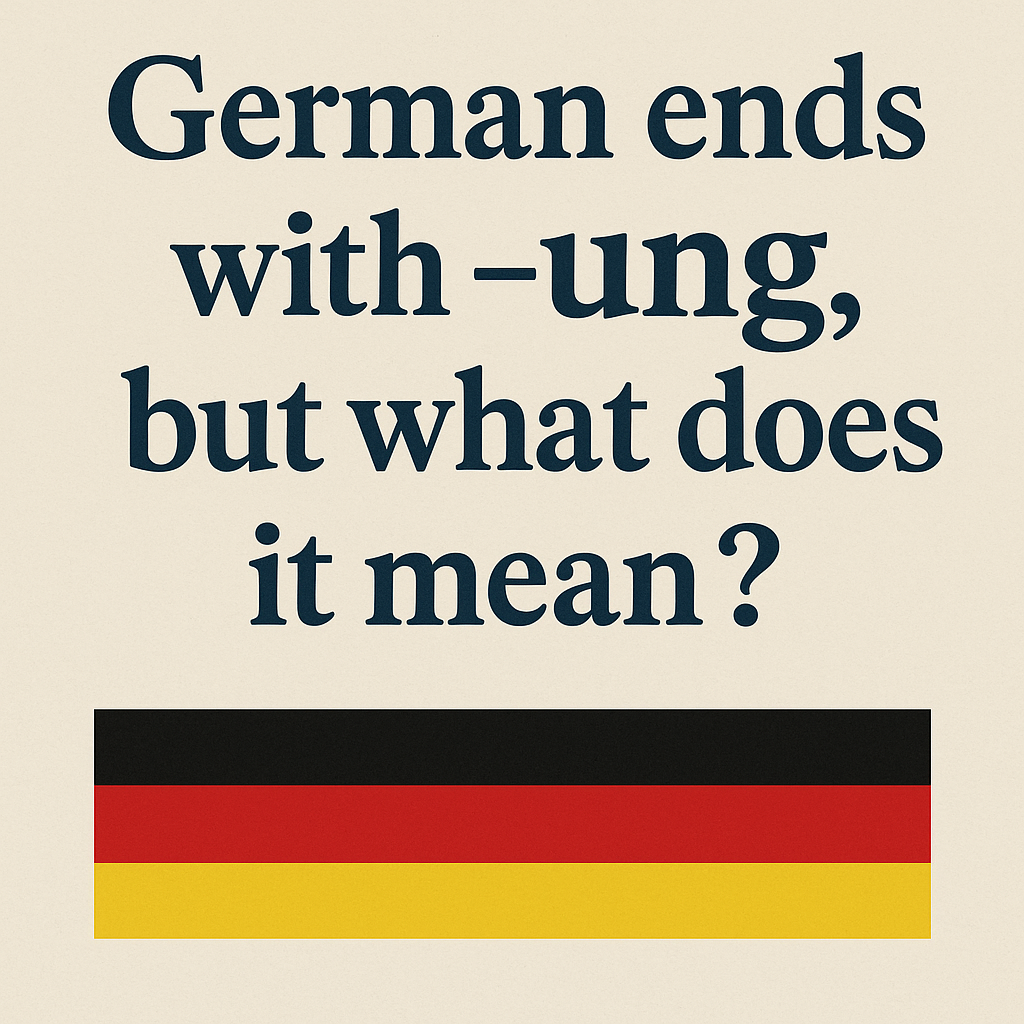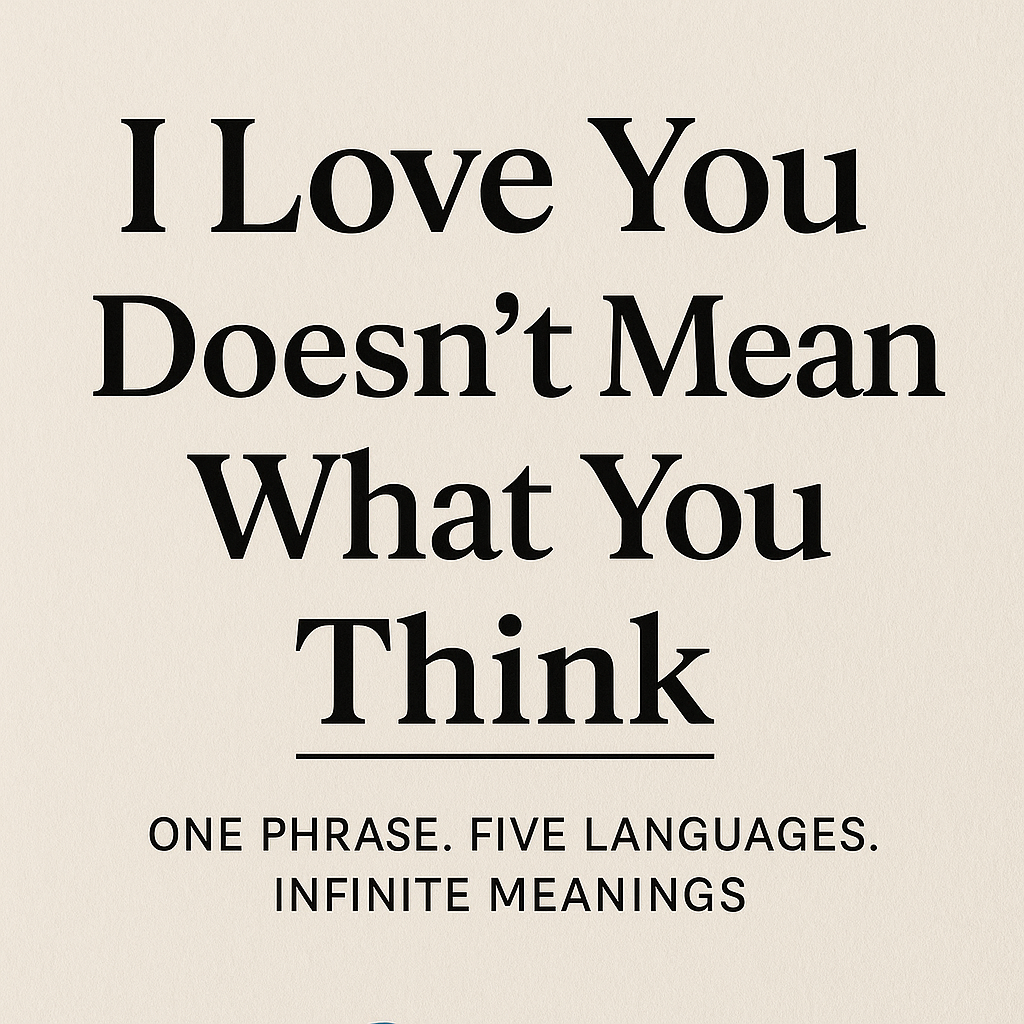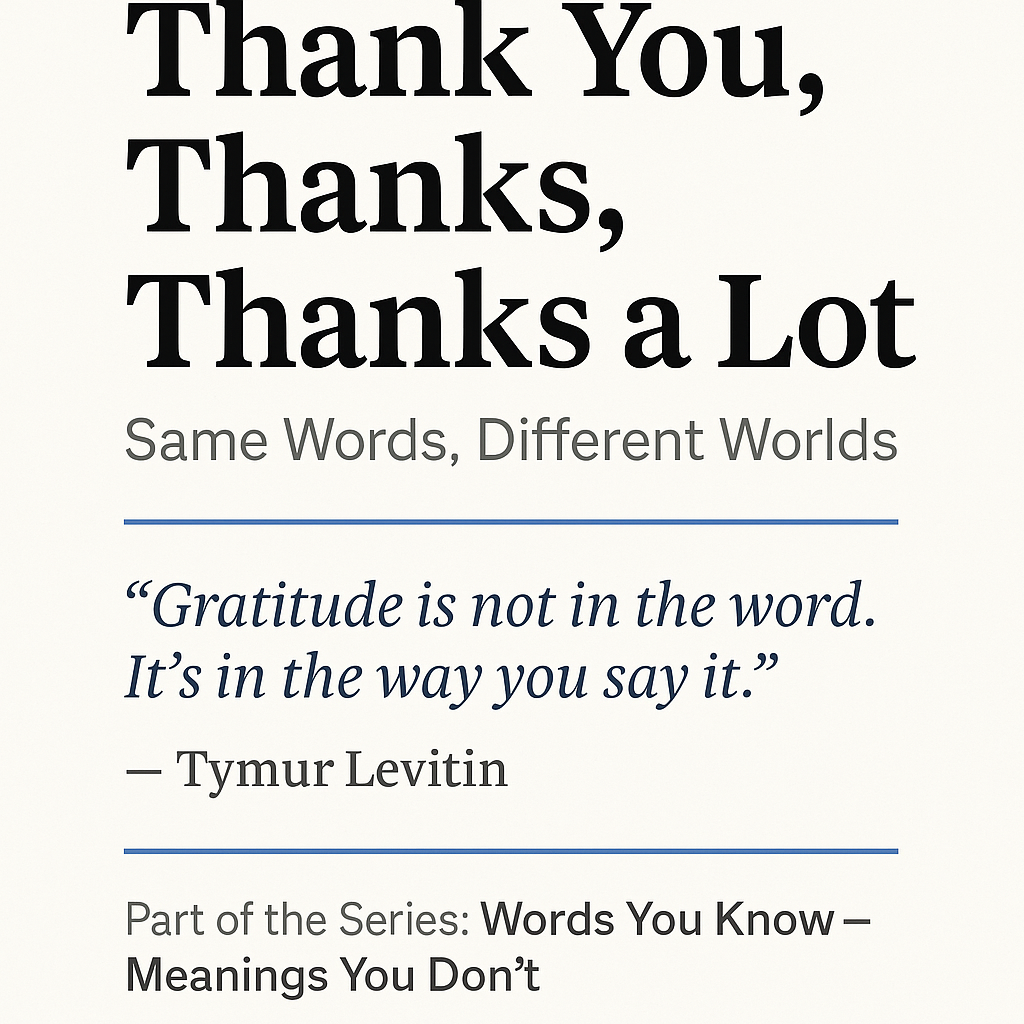One Phrase. Five Languages. Infinite Meanings
“Not every ‘I love you’ means the same thing.
Some are louder than silence. Some — emptier than space.”
— Tymur Levitin
The Illusion of Simplicity
Students often ask:
“How do you say I love you in Spanish?”
“Is it the same in German?”
“Do people say it more in English or in Russian?”
But the real question is:
Does ‘I love you’ mean the same thing across languages?
And the answer is — no.
Not even close.
English: Light, Simple, Flexible
“I love you” in English is:
- easy to say
- used frequently
- emotionally broad
You can love:
- your partner
- your friend
- a dog
- a movie
- a pizza
This gives English emotional openness — but also emotional blurring.
Saying I love you doesn’t always mean commitment.
Sometimes it just means: “You matter right now.”
Spanish: Intense, Romantic, Layered
In Latin American Spanish, love is more layered:
- Te quiero — “I want you” / “I care about you”
→ Used more casually: friends, early romance, family - Te amo — “I love you deeply”
→ Strong, romantic, serious
Saying te amo too early can feel too intense.
It’s reserved, loaded, culturally charged.
In Spanish, love has progression. You grow into it.
German: Careful, Reserved, Real
Ich liebe dich is not something Germans say lightly.
- It’s serious.
- It’s rare.
- It’s not said in every relationship.
Many Germans say:
Ich hab dich lieb — “I have affection for you”
especially with children or close family.
In German, love is less verbal — and more shown through actions, time, presence.
Saying Ich liebe dich too soon might even make the other person uncomfortable.
Russian: Deep, Heavy, Loaded
Я тебя люблю carries emotional weight.
It’s not a phrase people use every day — even in relationships.
There’s also no “light” version like te quiero 或 I like you a lot — unless you completely rephrase it.
In Russian, love implies:
- readiness
- sacrifice
- ownership
- emotional intensity
That’s why people sometimes avoid saying it — or say it only once.
Ukrainian: Honest, Sincere, Vulnerable
Я тебе кохаю — is poetic, romantic, almost sacred.
Used rarely. Always sincerely.
Я тебе люблю — is more common, still sincere, still strong.
But less formal than кохаю.
There’s often a cultural fear:
“If I say it — what happens next?”
In Ukrainian, saying кохаю is like opening your chest without armor.
That’s why silence is often used instead.
Not out of coldness — but depth.
So What’s the Lesson?
The same sentence — I love you — may:
- open a heart
- close a conversation
- trigger fear
- express gratitude
- mean everything
- or mean nothing at all
It depends on:
- 语言
- culture
- intonation
- timing
- history between the speakers
That’s why teaching language without teaching emotion is incomplete.
At Levitin Language School, We Teach the Difference
We show students:
- when to say “I love you”
- when to wait
- how to feel the shift in tone
- 什么 不 to translate directly
Because language is not just communication — it’s navigation through emotion.
Related posts from our blog
→ Thank You, Thanks, Thanks a Lot
→ Real Language Is Never Literal
→ 语言障碍与语言无关
→ Grammar Is How We Think
📘 Part of the Series: Words You Know — Meanings You Don’t
Explore how familiar words carry unfamiliar meanings across languages and cultures.
👤 Learn more about the author → Tymur Levitin
© Tymur Levitin。保留所有权利。






















